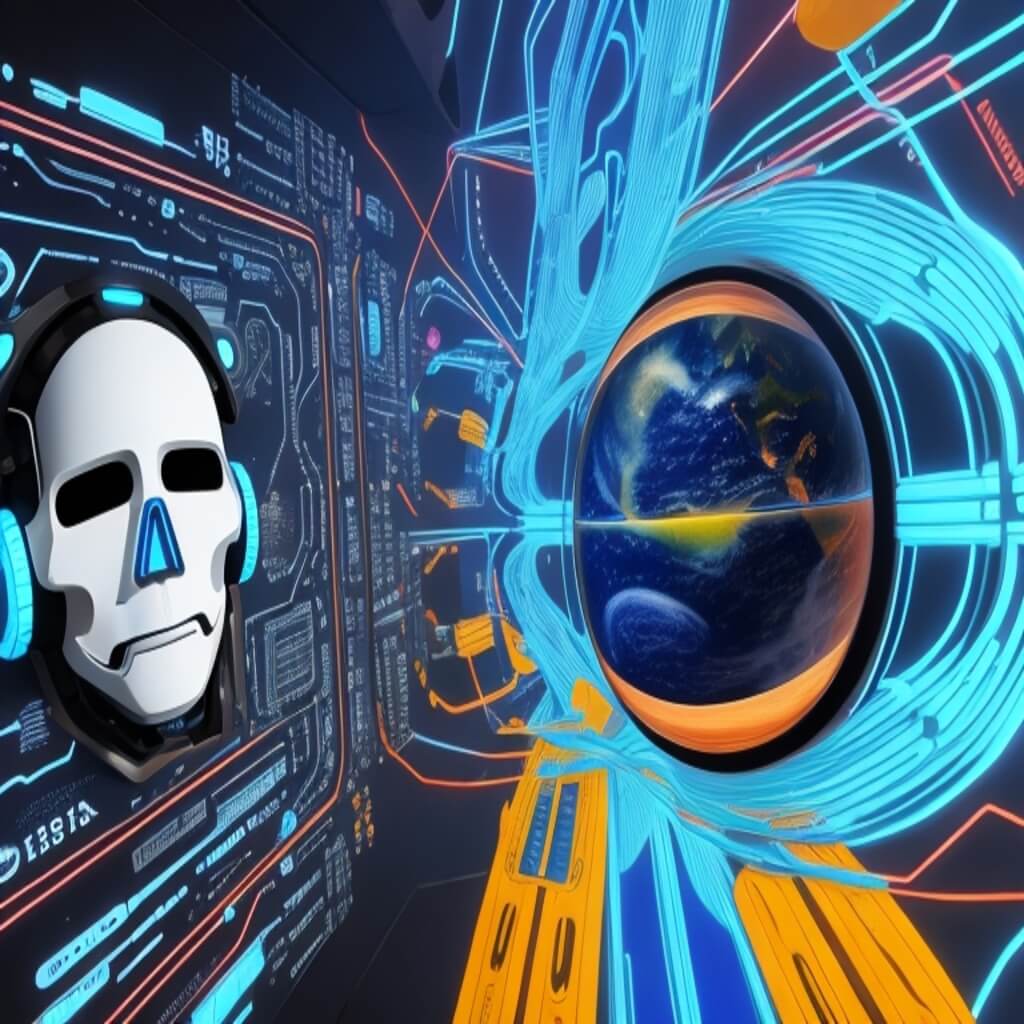In a world where artificial intelligence (AI) is rapidly gaining ground as a transformative force, Africa is poised to leverage this technology for growth and development. Lillian Barnard, President of Microsoft Africa, shares her insights on the challenges and opportunities facing the continent as it endeavors to harness the potential of AI.
AI’s soaring global impact
The global expenditure on AI, encompassing software, hardware, and AI-centric services, is projected to more than double between 2023 and 2026, according to IDC’s latest forecasts. This surge is expected to push AI spending from $154 billion in 2023 to well over $300 billion by 2026. Against this backdrop, Lillian Barnard is enthusiastic about AI’s potential to propel Africa towards embracing advanced technologies.
Africa’s AI landscape
Currently, Africa boasts over 2,400 AI organizations spanning various industries, each holding the promise of revolutionizing numerous aspects of daily life. However, Ms. Barnard acknowledges the need for realism. Sub-Saharan Africa lags behind in AI readiness, as indicated by the 2022 AI Readiness Index.
Barriers to progress
Africa’s AI readiness faces challenges rooted in inadequate connectivity, pervasive inequality, and the absence of structured datasets. Addressing these hurdles demands the establishment of governance frameworks, infrastructure development, and the cultivation of core skills to prepare Africa for AI adoption and acceleration. Ensuring that AI benefits everyone requires these foundational elements.
Moreover, AI’s success hinges on the availability of high-quality and diverse data. Unfortunately, Africa grapples with insufficient datasets and a severe deficiency of data scientists, with only one for every 14 found in the Global North. Ms. Barnard underscores the importance of democratized learning in AI to enable widespread development, use, and benefit from AI innovations.
Responsible AI by design
Amidst the optimism surrounding AI, Ms. Barnard emphasizes the need for responsible AI. This approach prioritizes accountability, safety, privacy, security, inclusiveness, and transparency in AI development. Africa must be cautious in its use of AI technology to ensure trust and responsible implementation.
Building strong foundations
According to Ms. Barnard, Africa is ready and has already taken significant steps to lay the groundwork for AI success. The continent should be specific and intentional in its actions, sharing lessons learned across countries and industries to avoid reinventing the wheel. Given the scarcity of skills, addressing problems and adapting to local conditions are essential.
Collaboration with customers is a key aspect of Microsoft’s approach. They emphasize the importance of understanding AI’s potential impact on businesses, cultivating the necessary skills and technical capabilities, and involving the entire organization in the AI journey. Reskilling and upskilling efforts are underway to equip individuals with the knowledge to harness AI’s potential.
Private sector’s role
In the private sector, the challenge lies in developing internal capability and readiness while ensuring that AI strategies drive overall business value. Ms. Barnard notes the ongoing efforts to upskill and reskill people, enabling them to harness the potential of AI for their businesses.
Africa’s responsibility
With AI leading the charge in global innovation, Africa, with its abundant young talent, must seize opportunities. Ms. Barnard underscores the responsibility that comes with adopting new technology. Strong governance and clear guardrails around AI are crucial to building trust and reaping the benefits of this transformative technology.
As Africa strives to embrace AI, addressing connectivity, inequality, and data challenges is paramount. Equipping individuals and organizations with the necessary skills and knowledge is crucial, and fostering responsible AI practices is essential. Africa’s journey towards AI success requires collaboration, intentionality, and a commitment to realizing the immense potential of this transformative technology.





